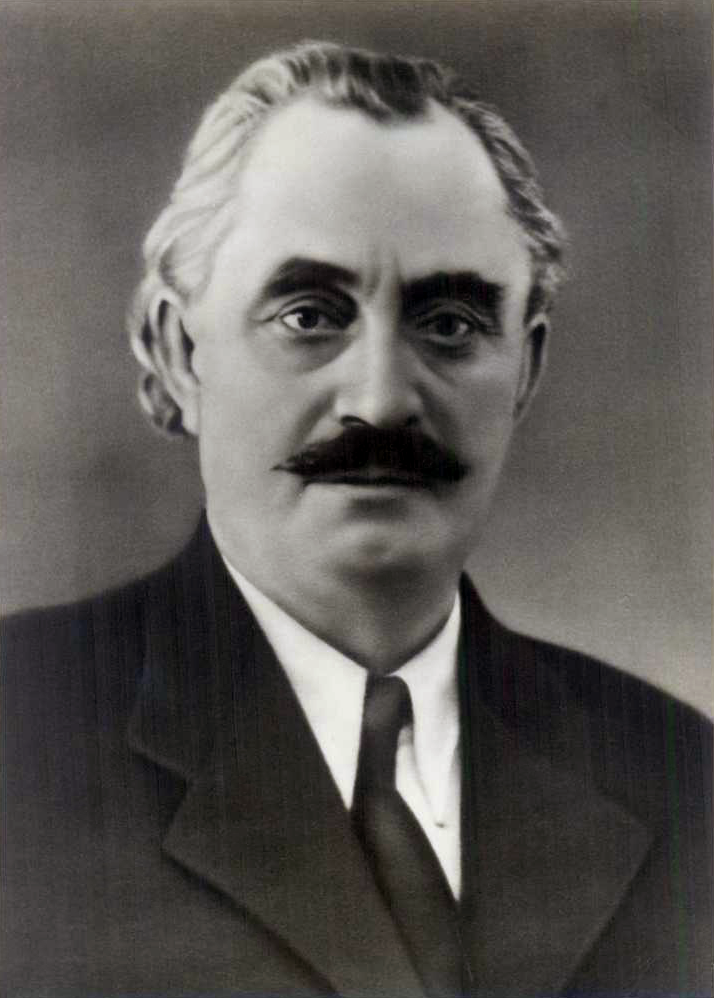Zdroj: The Fascist Offensive and the Tasks of the Communist International in the Struggle of the Working Class against Fascism, Ch. 1.
Kontext: What is the source of the influence of fascism over the masses? Fascism is able to attract the masses because it demagogically appeals to their most urgent needs and demands. Fascism not only inflames prejudices that are deeply ingrained in the masses, but also plays on the better sentiments of the masses, on their sense of justice and sometimes even on their revolutionary traditions. Why do the German fascists, those lackeys of the bourgeoisie and mortal enemies of socialism, represent themselves to the masses as "Socialists," and depict their accession to power as a "revolution"? Because they try to exploit the faith in revolution and the urge towards socialism that lives in the hearts of the mass of working people in Germany.
Georgi Dimitrov: Citáty anglicky
Foreword
The Fascist Offensive and the Tasks of the Communist International in the Struggle of the Working Class against Fascism
Kontext: With the development of the very deep economic crisis, with the general crisis of capitalism becoming sharply accentuated and the mass of working people becoming revolutionized, fascism has embarked upon a wide offensive. The ruling bourgeoisie more and more seeks salvation in fascism, with the object of taking exceptional predatory measures against the working people, preparing for an imperialist war of plunder, attacking the Soviet Union, enslaving and partitioning China, and by all these means preventing revolution. The imperialist circles are trying to shift the whole burden of the crisis onto the shoulders of the working people. That is why they need fascism. They are trying to solve the problem of markets by enslaving the weak nations, by intensifying colonial oppression and repartitioning the world anew by means of war. That is why they need fascism.
Xu Jehhow:(Biography of Wang Jiaxiang), edition 1996, page 296-297.
On China
Dimitrov Diaries
On China
Zdroj: The Fascist Offensive and the Tasks of the Communist International in the Struggle of the Working Class against Fascism, Ch. 1.
Ch. 1, Is the Victory of Fascism Inevitable ? https://www.marxists.org/reference/archive/dimitrov/works/1935/08_02.htm#s2.
The Fascist Offensive and the Tasks of the Communist International in the Struggle of the Working Class against Fascism
Kontext: One might also cite quite a few instances where Communists were taken unawares by the fascist coup. Remember Bulgaria, where the leadership of our Party, took up a "neutral," but in fact opportunist, position with regard to the coup d'état of June 9, 1923...
Ch. 1, The Class Character of Fascism https://www.marxists.org/reference/archive/dimitrov/works/1935/08_02.htm#s2.
The Fascist Offensive and the Tasks of the Communist International in the Struggle of the Working Class against Fascism
Reported as a misattribution in Paul F. Boller, Jr., and John George, They Never Said It: A Book of Fake Quotes, Misquotes, & Misleading Attributions (1989), p. 20-21.
Misattributed
